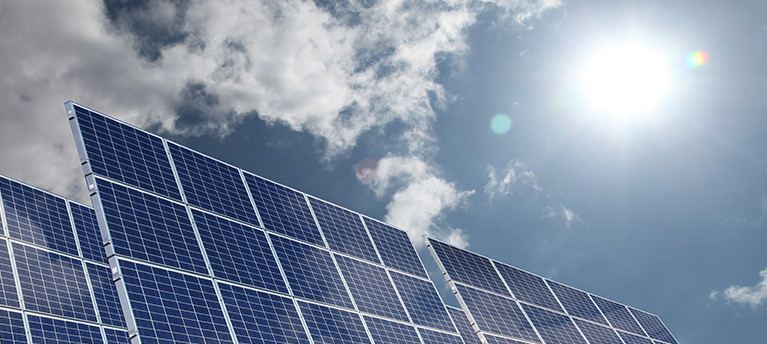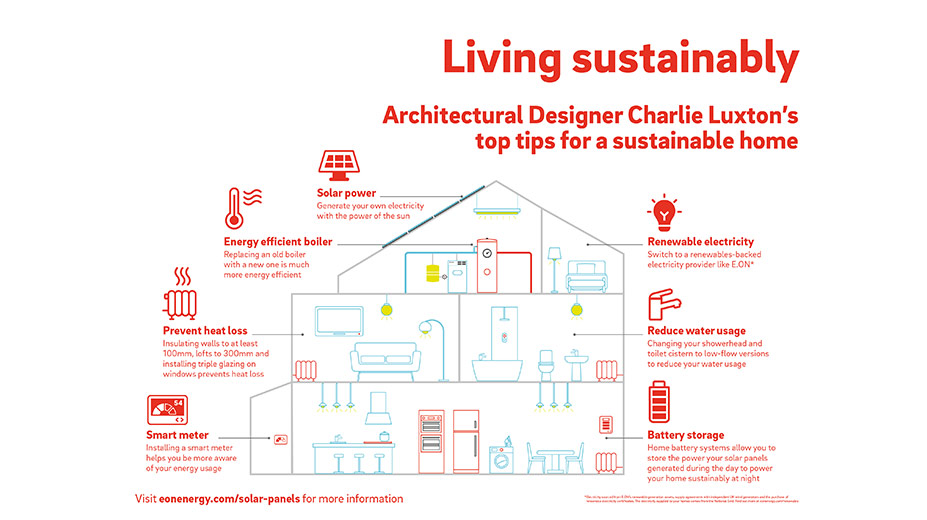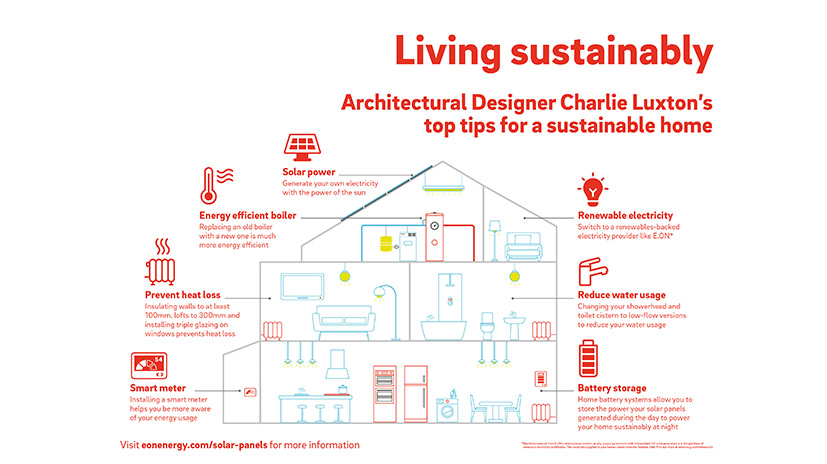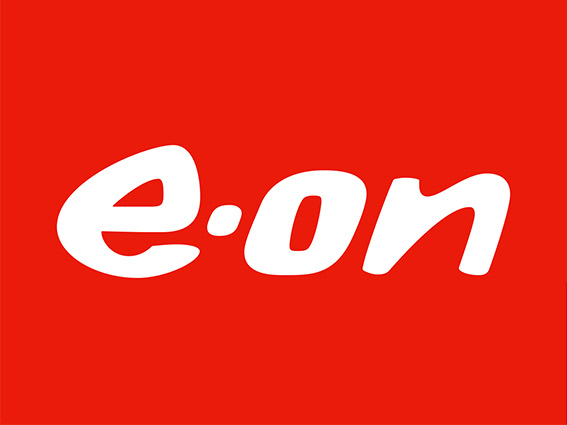

How important are sustainable solutions for prospective homebuyers?
How important are sustainable solutions for prospective homebuyers?
Most of us have spent far more time at home recently. So it’s little surprise that searches for homes with gardens have doubled1 since last year. But our new research2 reveals that almost nine in 10 prospective homebuyers now want properties with sustainable products (87%)3, like solar panels, over having a garden (80%).
Half of us are now more conscious of the environment we live in (52%), and half also want to reduce our impact on the planet (50%). More than three quarters of prospective homebuyers admit to wanting to buy a property that has sustainable solutions over one that didn’t (77%).
There may be a couple of reasons for this:
- Increase value: New research4 has revealed that having solar panels can increase the value of homes across the country by £30,000 on average.
- Invest in your future: With the introduction of temporary stamp duty relief, over three quarters of those surveyed said they’d be willing to use these savings to invest in sustainable home products (78%).


How can I be more sustainable at home?
From the roof to your flooring, there are both big and small changes you can make that can make your home sustainable:
- Easy does it: Consider renewables-backed electricity. At E.ON all our customers’ homes are provided with 100% renewables-backed electricity as standard5.
- Green to go: Solar panels use the sun’s energy to power your home helping you to be more sustainable while also helping the planet. With solar panels you are relying less on fossil fuels not only lessening your carbon footprint but, paired with battery storage, reducing your reliance on the grid to power your home day and night.
- Out with the old: If your boiler is over 12 years old, it’s likely time to consider a replacement. New boilers are more energy efficient, meaning there’s less waste coming from your home – benefitting the planet and your wallet.
- Save water: Think about changing your showerhead to a low flow aerating one. These add air into the water flow and can significantly reduce the amount of water used in a shower without impacting on your enjoyment.
- Waste not: It’s important to have the right insulation to ensure you’re effectively heating your home year-round. In a typical home the biggest area of heat loss is through the walls and windows. By insulating externally or internally you’ll transform the warmth and comfort of your home while also being more sustainable.
- Light the halls: LED bulbs are available for a wide range of light fittings and they no longer give a cold harsh light. Every one of your bulbs should be replaced with an LED bulb (unless your lighting fixture says you shouldn’t) as they are more energy efficient and help you save on your energy bills… but be sure to turn off the lights when not in use.
For more information visit eonenergy.com/solar-panels


Charlie Luxton's top tips for a sustainable home
1. Express and Star: Lockdown increases demand for homes with gardens, study shows
2. The research was conducted by Censuswide between 27.08.20 – 02.09.20 with 1,000 UK respondents who are prospective homebuyers in the next two years.
3. Any reference to ‘sustainable solutions’ calculated by combining results for solar panels and battery, home insulation, smart thermostats, intelligent heating/cooling, electric car charge point, double glazing, energy efficient boiler. Any reference to prospective homebuyers in this release refers to the sample of respondents surveyed.
4. Solar Power Portal: Residential solar boosts house prices by average of £30,000.
5. Electricity sourced from E.ON’s renewable generation assets, supply agreements with independent UK wind generators and the purchase of renewable electricity certificates. The electricity supplied to your homes comes from the National Grid. Find out more at eonenergy.com/renewable


Our blog
Read our latest blogs to discover how E.ON is leading the energy transition through smart and sustainable solutions.


100% renewable electricity
We believe in a sustainable future, that's why we provide our customers' homes with electricity backed by 100% renewable sources including wind, biomass and solar, with a fixed tariff.


How can you benefit from solar energy?
Solar energy is the world’s fastest growing energy technology. To help you decide whether it’s right for you, read our blog about the benefits of solar energy.
